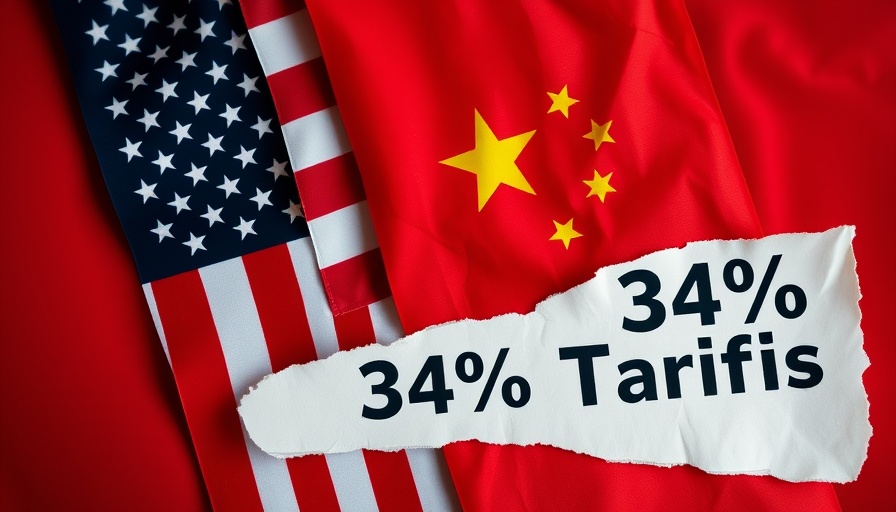
A Diplomatic Tension in the Heart of Africa
In a significant move, the U.S. has revoked all visas for South Sudanese passport holders, a decision stemming from South Sudan's failure to accept the return of its citizens. This decision reflects growing tensions between the two nations, particularly as South Sudan grapples with the potential resurgence of civil war. Revoking these visas not only affects diplomatic relations but also impacts individuals who may have had plans to travel or reside in the U.S.
The Background of Repatriation Policies
This action is a part of a larger trend where the U.S. government, under various administrations, has tightened immigration policies. The underlying principle is that every country should accept its citizens back when they are repatriated. South Sudan's lack of adherence to this international norm raises questions about its governance and stability. As the U.S. Secretary of State Marco Rubio noted, swift action is necessary to uphold these standards.
The Impacts on South Sudanese Communities
South Sudanese diaspora communities in the U.S. could face significant emotional and social ramifications from this decision. Many may have family ties still in South Sudan, and the revocation of visas represents a barrier to reuniting with loved ones. This move adds pressure to already strained communities that may be facing economic and social challenges.
Potential Consequences for U.S.-South Sudan Relations
The U.S.'s hard stance on visa revocation may escalate diplomatic tensions further. South Sudan is facing numerous internal challenges, including ongoing conflict and a struggling economy. A sidelined diplomatic relationship may hinder any potential American assistance or intervention aimed at stabilizing the region.
The Global Perspective: How Countries Respond
Other nations watch closely as the U.S. takes these steps. Countries with similar repatriation issues may fear they could face similar consequences. This situation could lead to broader international discussions about immigration policies and the responsibilities nations have for their citizens abroad. Countries such as France and the UK may find themselves reconsidering their own policies in light of U.S. actions.
Predicting Future Developments
As this situation evolves, it is imperative to monitor the reactions from South Sudan. Will the South Sudanese government change its policies in light of the revocation? The international community may push for negotiations, and it would be interesting to see how South Sudan approaches these diplomatic challenges amid its ongoing crises.
Conclusion: Calls for Awareness and Action
This development is a critical reminder of the interconnectedness of global immigration policies and the impact they have on real lives. It compels us to be aware of how these policies not only affect nationals but can resonate within communities globally. While the U.S. continues to enforce immigration laws, it is essential to balance these measures with compassion and the understanding of the dynamics in affected countries.
 Add Row
Add Row  Add
Add 



Write A Comment